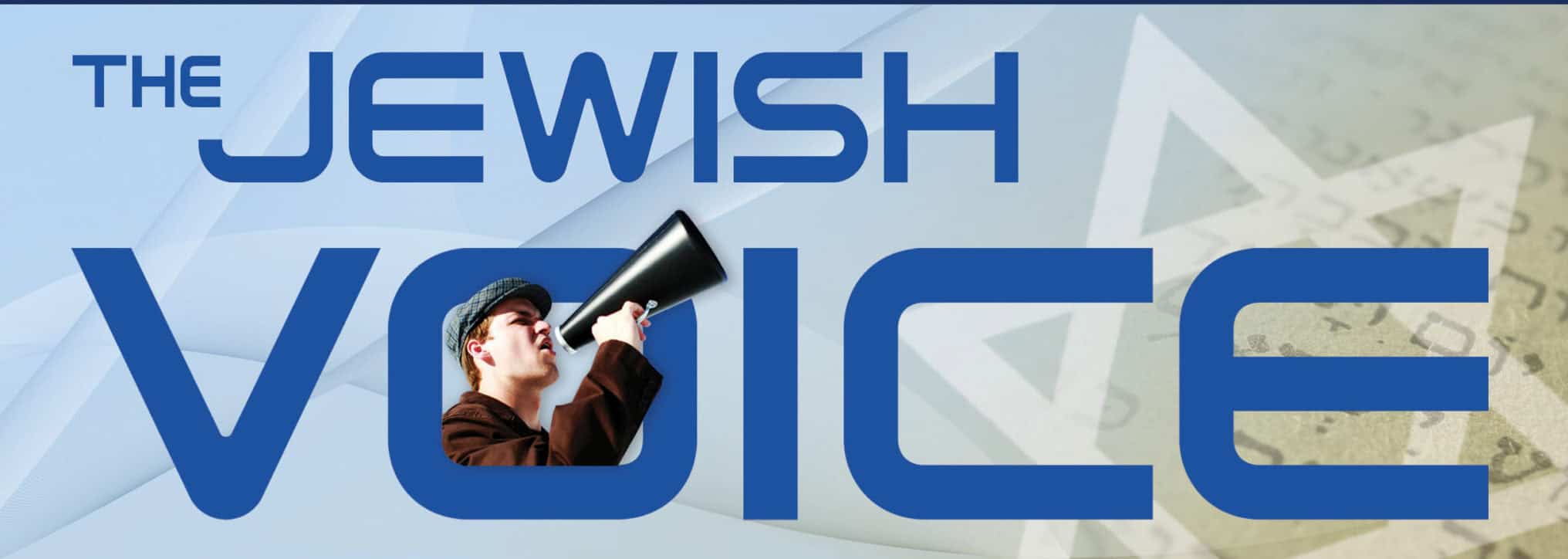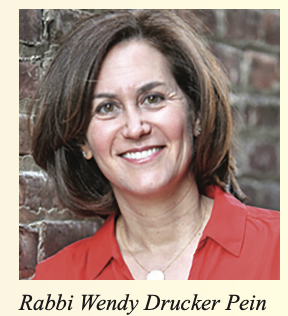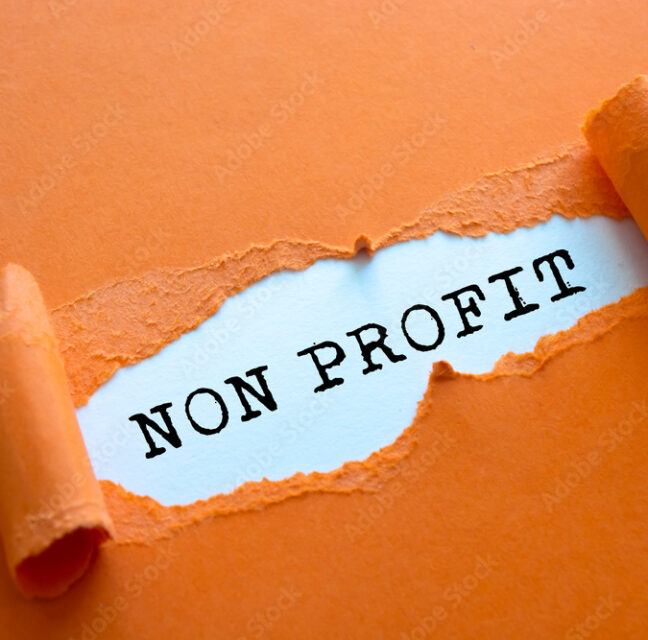
Why do people say thank you? Usually they receive something and express gratitude for the object or service received and the deliverer.
It is interesting that one of the hardest things to teach a child is to say thank you. How many times did you tell your children to say thank you? How many times did your parents tell you that when you got something, you had to say thank you? If you didn’t, does that mean you have taken something for granted? And how do you think the person who gave you something or did something for you feels if you are totally ungrateful, don’t recognize the gift, and don’t acknowledge their existence?
In the Jewish religion we are obligated to say thank you through blessings 100 times per day! That might appear to be ridiculous, challenging, and ancient.
The Shmona Esrai prayer, also known as the Amidah, comes to the rescue: We recite it three times a day and there it contains 19 blessings of gratitude. So there are 57 thank yous.
So what exactly are we thankful for? Saving us (so many people want to get rid of us), life, intelligence, mercy, redemption (being rescued), forgiveness, healing, produce, abundance, Israel, justice, elimination of our enemies (history backs this up), values and ethics (that we are taught), Jerusalem, answers to our prayers, godliness, goodness, and peace (inner peace and world peace).
It’s kind of surprising when you read through that list. It allows us three times a day to recognize all the goodness in the world, despite our tendency to focus on the calamities. We often look at ourselves as victims as compared to receivers.
Yet it has other psychological benefits. Let’s assume for a moment that someone is not spiritual but for whatever reason engages in daily liturgy gratitude. This trains that person to say thanks for what a secular receiver is able to absorb and frankly accomplish every day with the help of others.
It has been shown time and time again that, the more people show gratitude for what they have, the more positive attitude they have than people who bemoan what they don’t have and suddenly brand themselves as negative thinkers and attract negativity to their life.
But one might ask: What about the 43 that we need to make up 100? 14 are covered in the morning prayer as we give thanks for perception, physical attributes, being a Jew, freedom, sight, clothing, being able to choose, help when needed, work and creation, substance, lessons of life, bravery, achievement, and energy.
Are you feeling optimistic now, especially when the day starts?
Let’s stop for a moment. If someone prepared nourishment for you every day and you never acknowledged the skill, talent, love, and dedication they put into those meals — how do you think the cook would feel?
As always, Judaism has an answer. After we finish a meal, we say grace or Birkat Hamazon. Can you imagine what it’s like singing after every meal? In song, we give thanks to God for food, the land it grows in, Jerusalem, grace, kindness, and compassion.
If we eat bread three times a day, we repeat this prayer — as well as the prayer for the bread and the prayer for washing the hands that duplicate the rituals of the ancient temples.
By the time you add all those up you are at 100 — and probably more, if you do all the services each day with additional blessings of thanks.
So the educational question today boils down to what we do now. Is this just too much to do, or is it the right thing to do? As you ponder your own personal answer, let’s go back to the beginning. If you gave something to somebody once a year or every day and they never acknowledged what you did or even knew you were responsible or even acknowledged your existence, how would that make you feel?
Thanks for reading this article!
Andy Greenberg is a 25-year Conservative Jewish educator of grades 3-12 and a lecturer for adults of all ages.






